Discover the beauty and charm of Autumn Purple Ash trees, and learn how they can enhance your landscape with vibrant fall colors.
Introduction
Fall foliage brings an unparalleled beauty to any landscape, with vibrant colors that transform gardens and yards. If you're looking to add a splash of autumn color to your surroundings, the Autumn Purple Ash tree is an excellent choice. Selecting the right trees for seasonal aesthetics can make a significant impact on your landscape's visual appeal during the fall months.

1. Overview of Autumn Purple Ash Trees
Description of the Tree
Autumn Purple Ash trees are known for their medium-to-large size, upright oval shape, and rounded canopy. Their lush, green foliage in the summer transforms into breathtaking purples and reds in the fall. The tree's bark is grayish and textured, adding visual interest even in winter.
Scientific Background
Botanically named Fraxinus americana 'Autumn Purple', this tree belongs to the Oleaceae family. Native to North America, it thrives in USDA hardiness zones 3-9, making it a versatile option for many landscapes across the U.S.
2. Fall Color Characteristics
Color Transformation
As fall approaches, the leaves of the Autumn Purple Ash undergo a beautiful transformation, turning from deep green to vibrant shades of purple, red, and yellow. This change is caused by the tree's preparation for dormancy as chlorophyll breaks down, revealing the underlying pigments.
Duration of Foliage Color
The color change typically begins in early autumn and can last several weeks, depending on environmental factors such as temperature and sunlight. Cooler nights and sunny days often enhance the vibrancy and duration of the fall colors.
3. Ideal Growing Conditions
Climate and Soil Preferences
Autumn Purple Ash trees thrive in well-draining, loamy soils with a slightly acidic to neutral pH. They prefer climates with cold winters and mild summers, making them ideal for USDA zones 3-9.
Sunlight Requirements
For the best fall color, these trees require full sunlight. Six to eight hours of direct sunlight a day will ensure optimal growth and vibrant fall foliage.

4. Planting Guide
Choosing the Right Location
Select a spot in your garden that offers full sunlight and well-draining soil. Ensure that the location allows enough space for the tree's mature size, as it can reach up to 40-50 feet tall and wide. Avoid planting too close to buildings or power lines.
Step-by-Step Planting Instructions
- Gather your tools: shovel, compost, mulch, and watering can.
- Dig a hole twice as wide and as deep as the root ball.
- Place the tree in the hole, making sure the top of the root ball is level with the ground.
- Backfill the hole with soil, gently tamping down to remove air pockets.
- Water thoroughly and add a 2-3 inch layer of mulch around the base.
5. Care and Maintenance
Watering and Fertilization
Water the tree regularly, especially during its first few years, to keep the soil moist but not waterlogged. A balanced, slow-release fertilizer applied in early spring can help support healthy growth.
Pruning and Pests
Prune the tree in late winter or early spring to remove dead or damaged branches. Common pests include aphids and borers, which can be controlled with appropriate treatments. Regular inspections help prevent infestations.

6. Landscaping Ideas
Complementary Plants and Flowers
Autumn Purple Ash trees pair beautifully with other fall-blooming plants like chrysanthemums, ornamental grasses, and asters. These plants enhance the fall color palette and create a cohesive seasonal look.
Design Layouts
Incorporate the tree into formal gardens by using it as a focal point or lining pathways with complementary shrubs. In cottage-style gardens, mix it with flowering perennials for a lush, layered appearance.
7. Personal Experiences and Testimonials
Homeowners who have planted Autumn Purple Ash trees rave about their stunning fall colors and easy maintenance. One gardener shared, "The tree adds such vibrant beauty to our yard each autumn, and we always get compliments from neighbors."




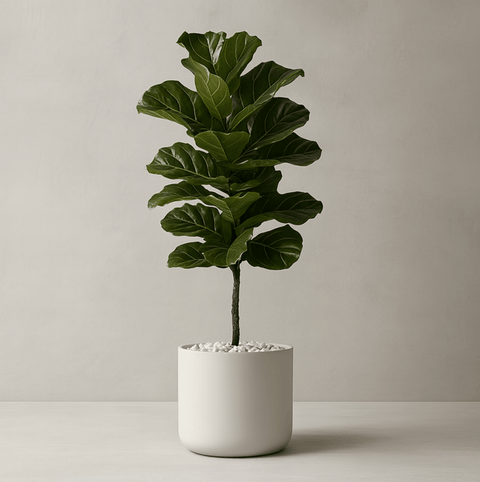
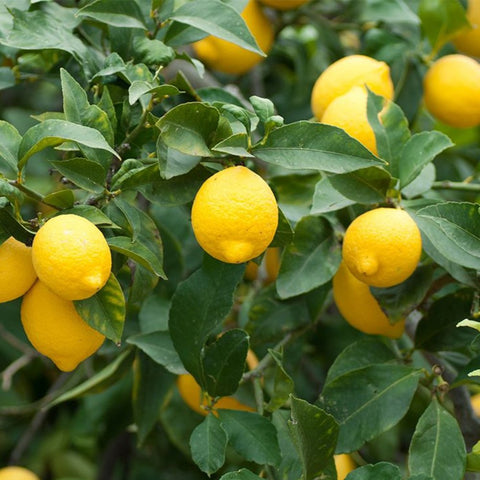
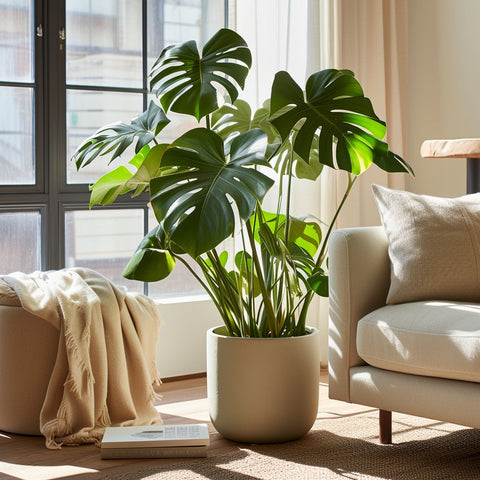
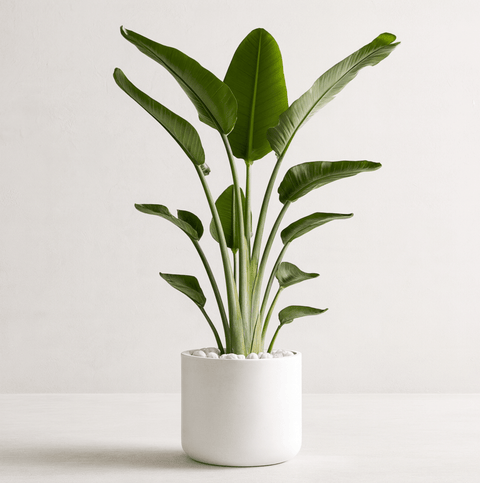

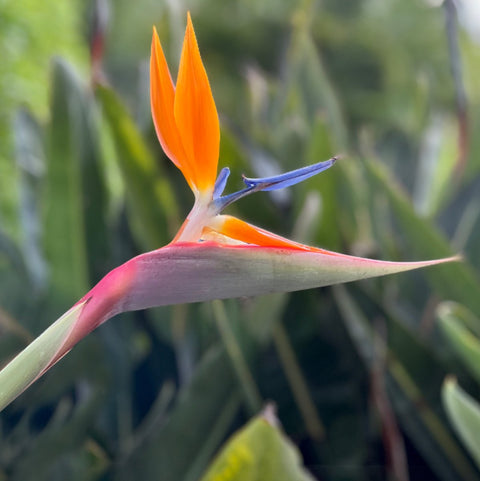
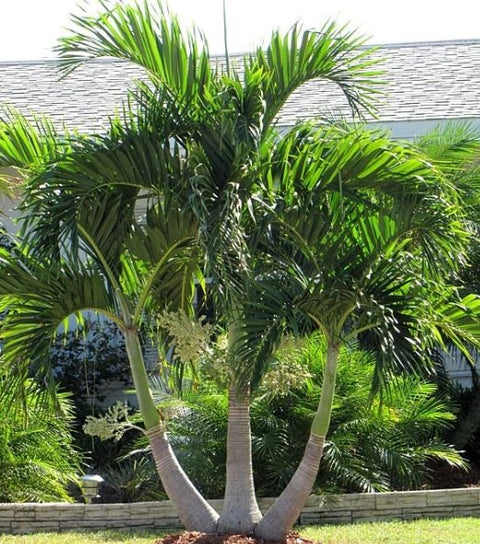
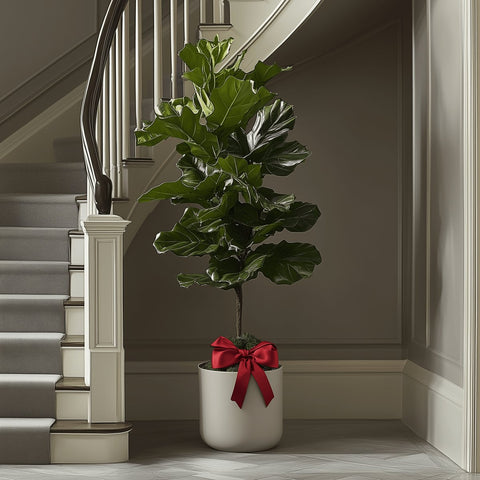


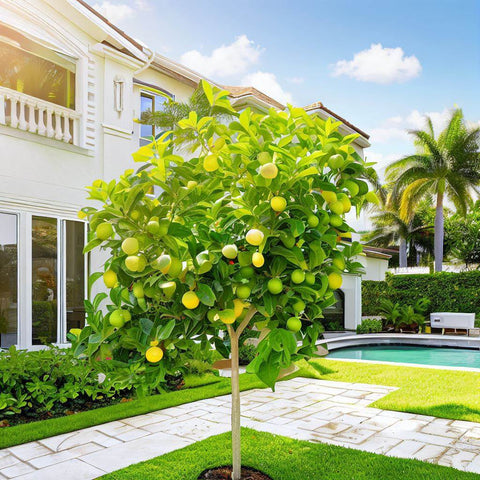
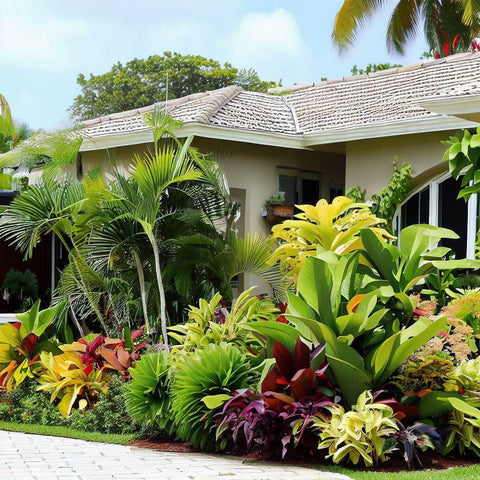

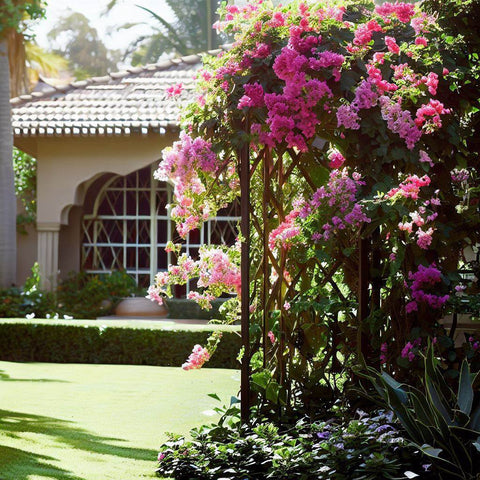
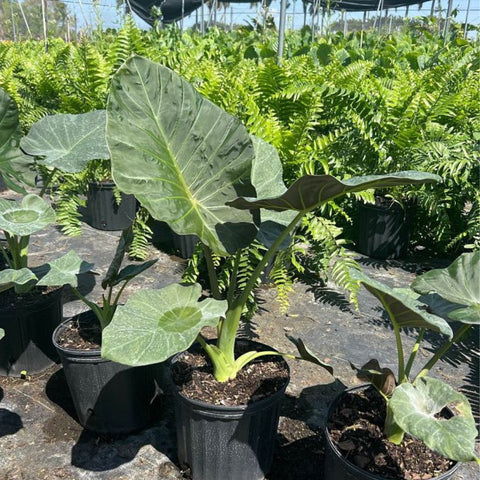
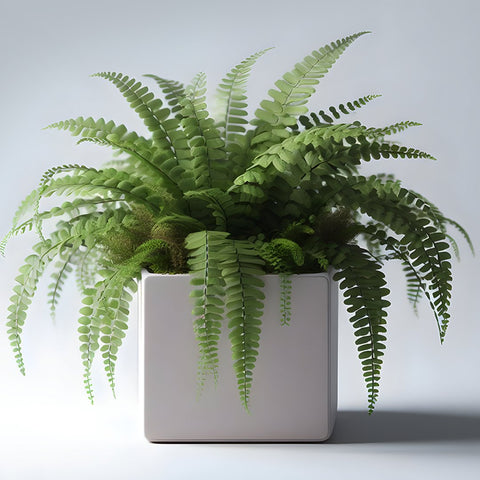




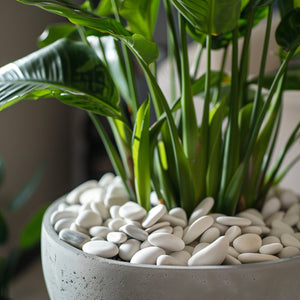


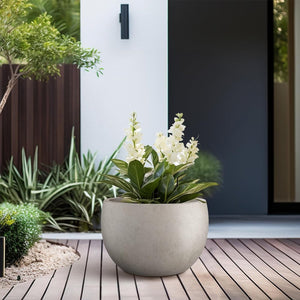



Comments (0)
There are no comments for this article. Be the first one to leave a message!